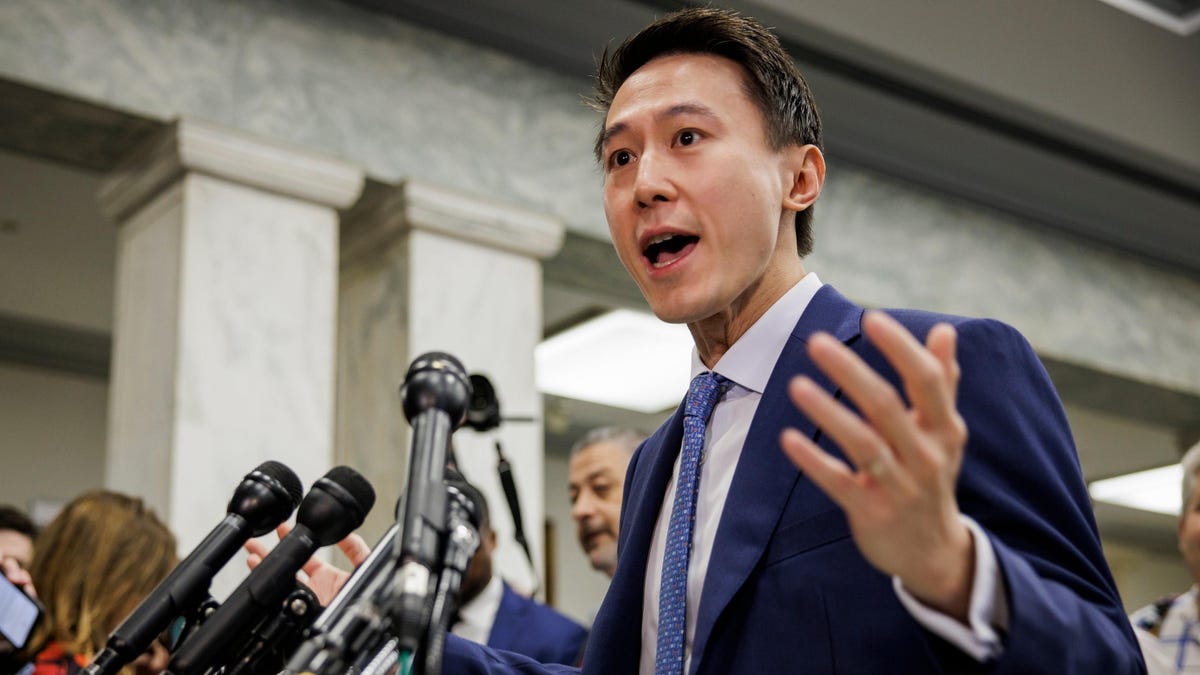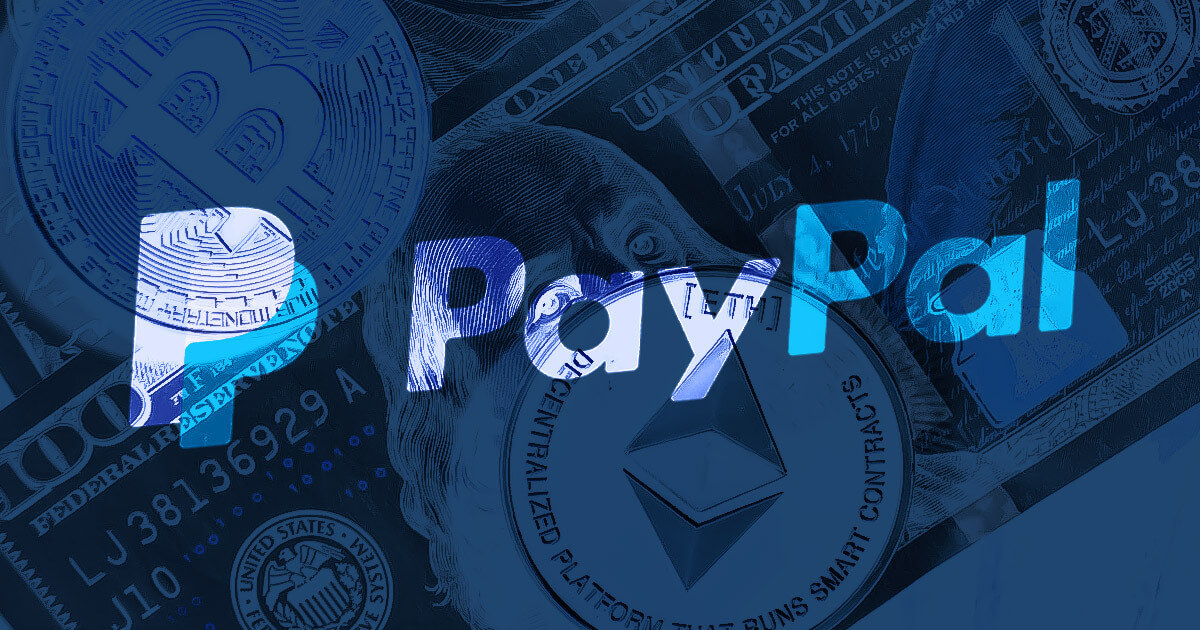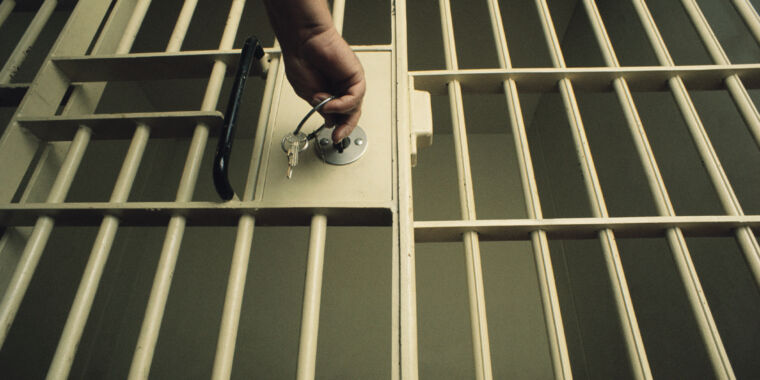President Biden Signs Legislation Against TikTok
President Biden recently signed legislation into law that mandates China-based Bytedance, the owner of TikTok, to sell the popular social media app or face a ban from American app stores. This move has sparked a legal battle, with TikTok vowing to challenge the law in court, a case that may eventually reach the Supreme Court. The company argues that the law infringes upon First Amendment protections.
Legal Experts Weigh In
In interviews with legal experts, concerns have been raised about the implications of this law. First Amendment attorney Marc Randazza expressed skepticism, stating, “My analysis of any situation changes the moment I hear it’s for national security, because usually, that’s a sign it’s a negligible law.” Randazza emphasized the importance of upholding constitutional rights, even when dealing with controversial platforms like TikTok.
Legal professionals point out that the forced sale or ban of TikTok could significantly impact free speech. This includes the speech of TikTok as a publisher, its users who engage in conversations on the platform, and the app stores that distribute TikTok, akin to bookstores carrying various publications. Any restrictions on this speech would require substantial evidence of wrongdoing on TikTok’s part, a point that experts suggest is lacking in the current legislative discourse.
Allegations Against TikTok
U.S. Senator Mark Warner has labeled TikTok as a “propaganda tool” for the Chinese Communist Party, an assertion echoed by other lawmakers who accuse the app of spreading disinformation and foreign influence. However, legal scholar Eric Goldman highlights that while propaganda may be concerning, it is not illegal under the First Amendment. Americans have the right to access diverse viewpoints, including foreign perspectives, without governmental censorship.
Another key argument against TikTok revolves around allegations of data collection and potential spying on American users. Congressman Michael McCaul has described TikTok as a “spy balloon” that harvests personal information for Chinese authorities. Despite these claims, TikTok denies sharing data with China and has made efforts to secure American data within the U.S. through initiatives like Project Texas. The veracity of these allegations remains a point of contention, with Congress citing classified briefings as evidence.
Privacy Concerns and Legal Ramifications
Experts caution that the invocation of national security as a justification for regulation has significant implications for privacy rights. The absence of a comprehensive data privacy law in the U.S. raises questions about the fairness of targeting TikTok specifically for data collection practices. Moreover, the potential overreach of regulatory measures in the name of national security could erode constitutional protections without clear public disclosure of evidence.
Ultimately, legal analysts side with TikTok in asserting that government-mandated actions against social media platforms must be based on substantial evidence to withstand legal scrutiny. Without concrete proof of malfeasance on TikTok’s part, the legislation may struggle to defend its constitutionality in a court of law.
Image/Photo credit: source url





